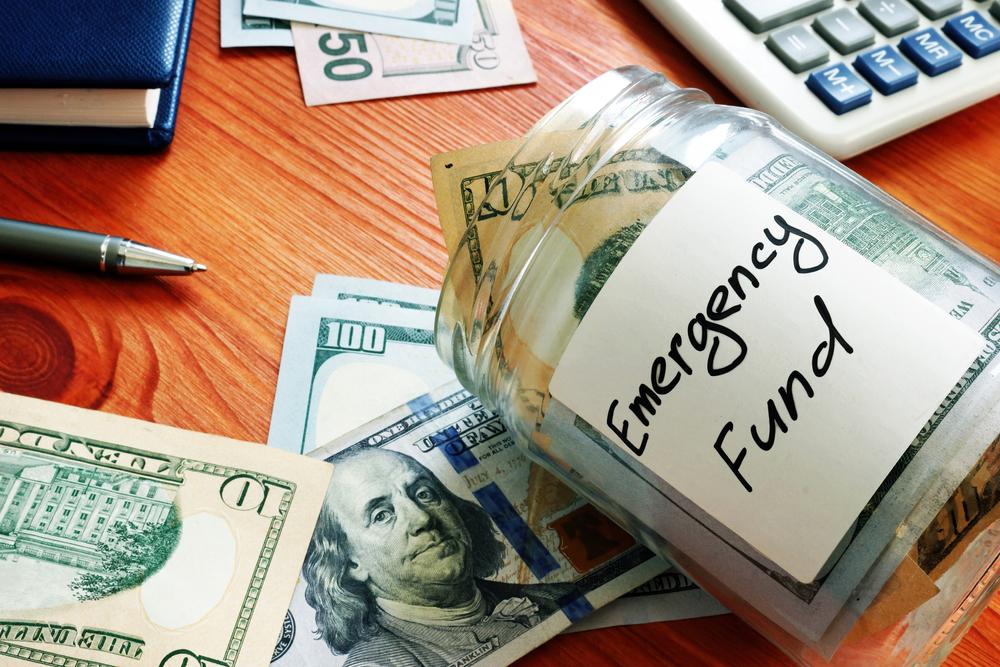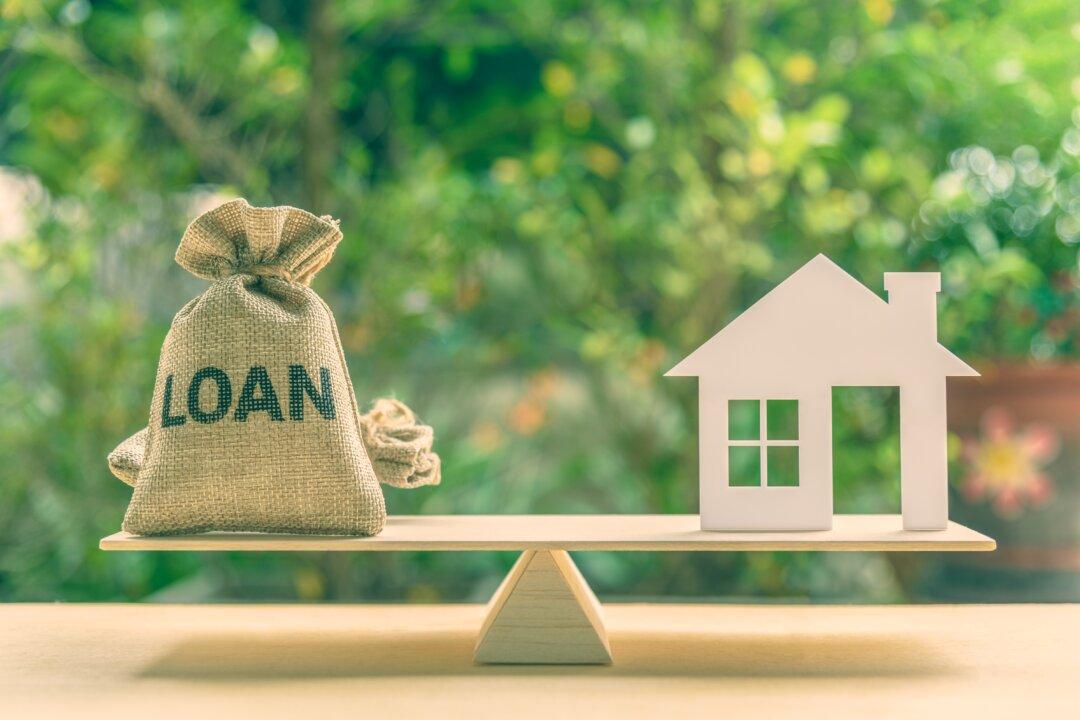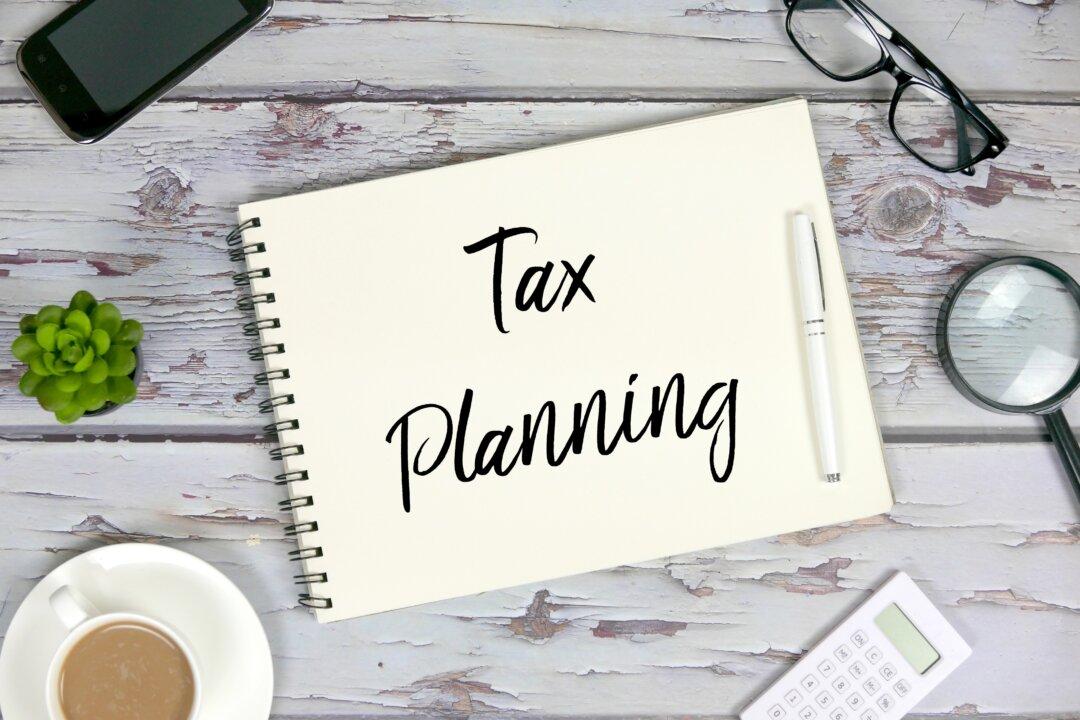Whether you’re contemplating selling your home or simply intrigued by its current worth, a house appraisal serves as an excellent tool for gaining insights into your local real estate market.
It offers a comprehensive overview of recent sales in your neighborhood, providing a snapshot of the market’s conditions at that specific moment. This appraisal is pivotal in unraveling your actual net value.
Engaging in a property appraisal will address several essential questions you may have concerning your property.
In this article, we’ll delve into the home appraisal process, who pays for it, and how much it can cost.





